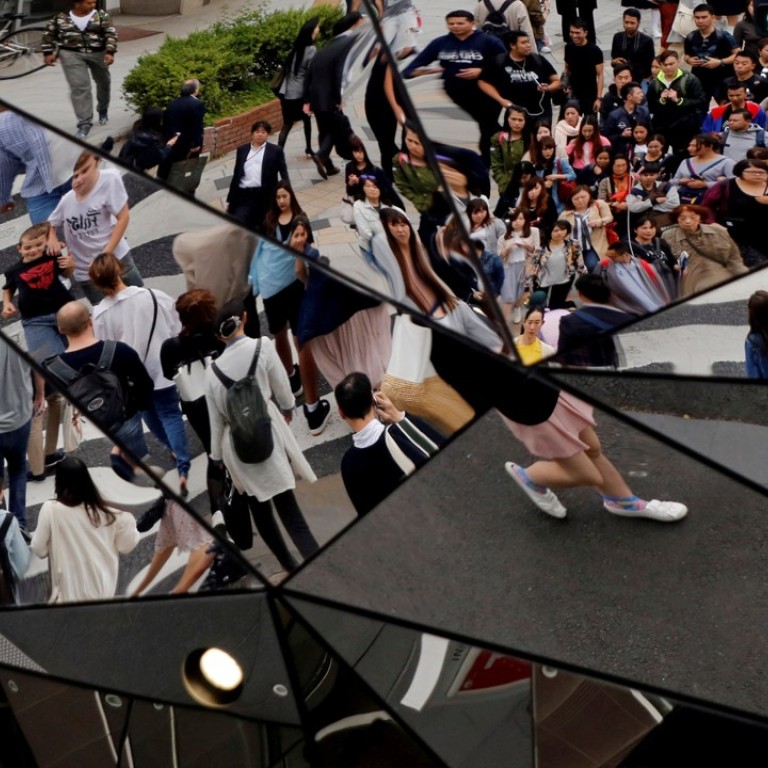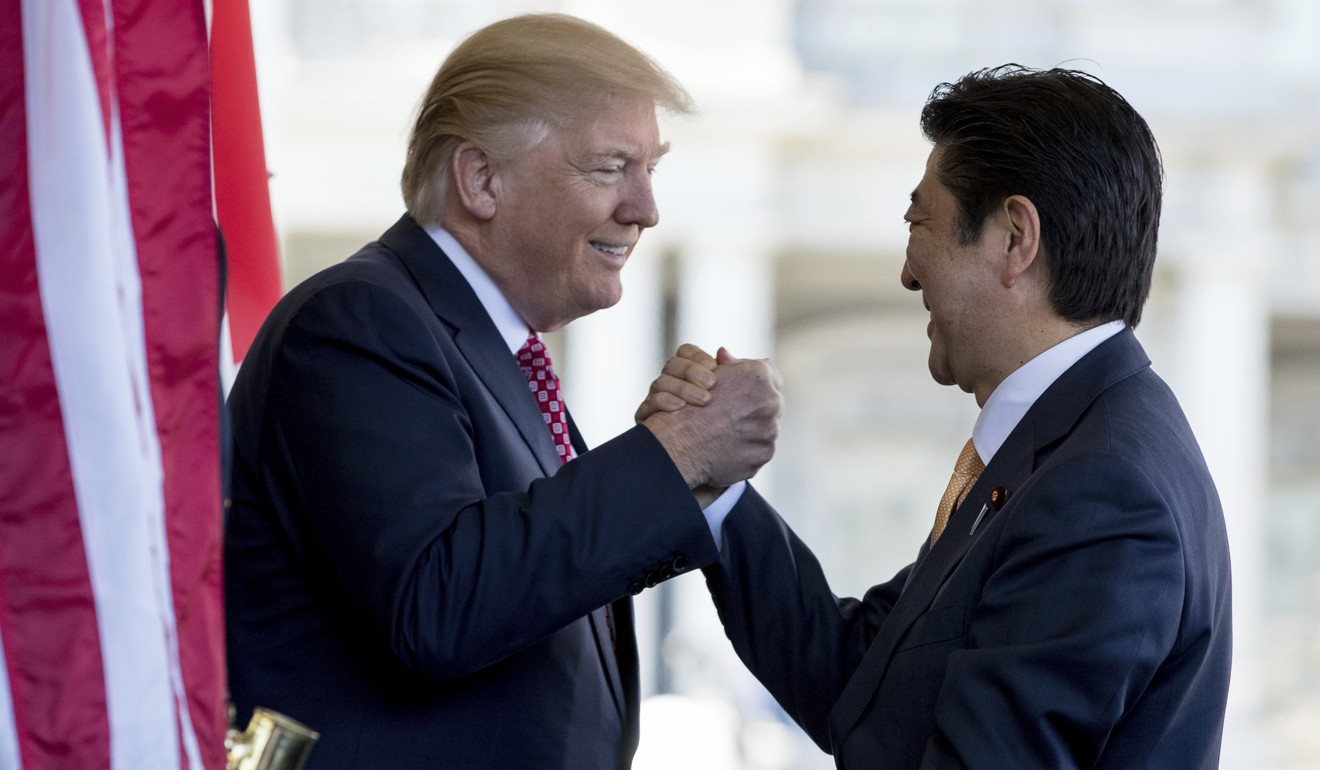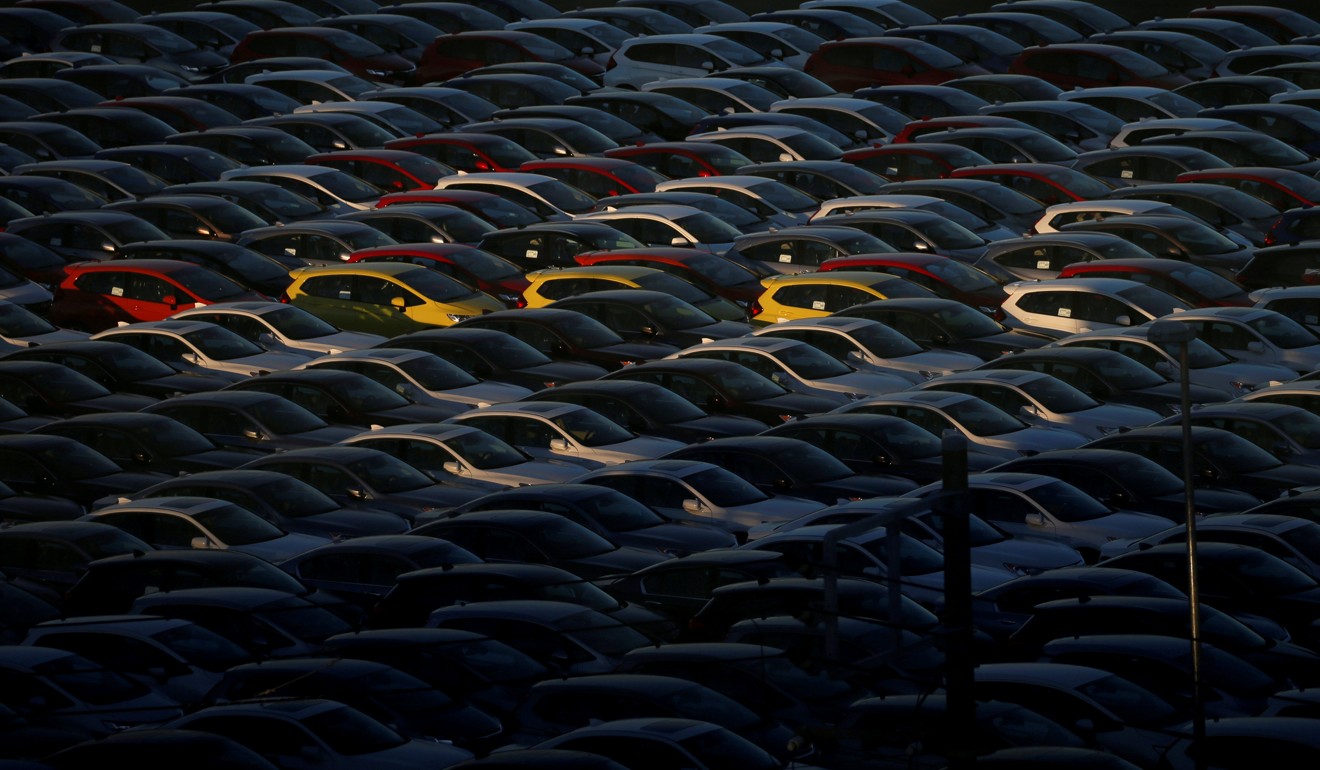
Why Japan plainly needs an ‘Asia pivot’ in China’s direction
William Pesek says Shinzo Abe’s apparent overture to Xi Jinping over the belt and road plan was the right move, as his Abenomics strategy to revitalise the domestic economy could do with a major boost

Abe’s dangerous path of cosying up to the US
Belt and road could be a way for Japan and China to repair ties

What Trump unwittingly sparked, Abe must build upon – and fast. Abe’s rightest policies and long track record of downplaying Japan’s second world war aggression left little room for a détente of the kind that may now be afoot. Neglecting China ties, though, undermined Abe’s five-year effort to end deflation and increase competitiveness. It limited Japan’s access to the world’s fastest-growing economy, the most promising consumer market and mainland capital.
Chances to bid on the belt and road projects could be just the wake-up call Japan Inc needs
With Trump’s “America first” policy limiting opportunities in the West, Japan would be wise to engineer its own Asia pivot, particularly in China’s direction. That would bring Japan four clear benefits: bolstered relations with Beijing; greater influence on policy and investment decisions in Asia; vast investment opportunities in infrastructure for companies and banks desperate for growth; and, renewed global relevance.
Benefit No 3 alone would breathe new life into “Abenomics”. When Abe returned to the premiership in 2012, he pledged a three-pronged assault on the nation’s lost decades. The monetary expansion part worked well enough, with a weaker yen boosting exports and the Nikkei. Fiscal expansion has helped the economy grow for five straight quarters now, the best run in 11 years. But the vital third phase – deregulation to make Japan more competitive – has been a dud. Chances to bid on the belt and road projects could be just the wake-up call Japan Inc needs.
Watch: President Xi Jinping hosts the belt and road forum
New Silk Road: Why China should be wary of overconfidence
Tokyo needs to tread carefully. Xi, it’s often said, is China’s most powerful leader since Deng Xiaoping (鄧小平), who held that the masses should “maintain a low profile”. So, there was a bit of irony in Xi’s glitzy belt and road launch. By calling it the “project of the century” and declaring a new “golden age” of globalisation with China at its core, Xi forwent all Deng-era modesty.
China must reform at home to ensure its belt and road plan succeeds abroad
As China remakes Asia, though, Japan can have considerably more influence over how things unfold from the inside, and a much greater share of the economic dividends. Xi’s belt and road gambit is an ideal opportunity for Asia’s two biggest economies to join forces and look ahead.
William Pesek is a Tokyo-based journalist and the author of Japanization: What the World Can Learn from Japan’s Lost Decades. Twitter: @williampesek

